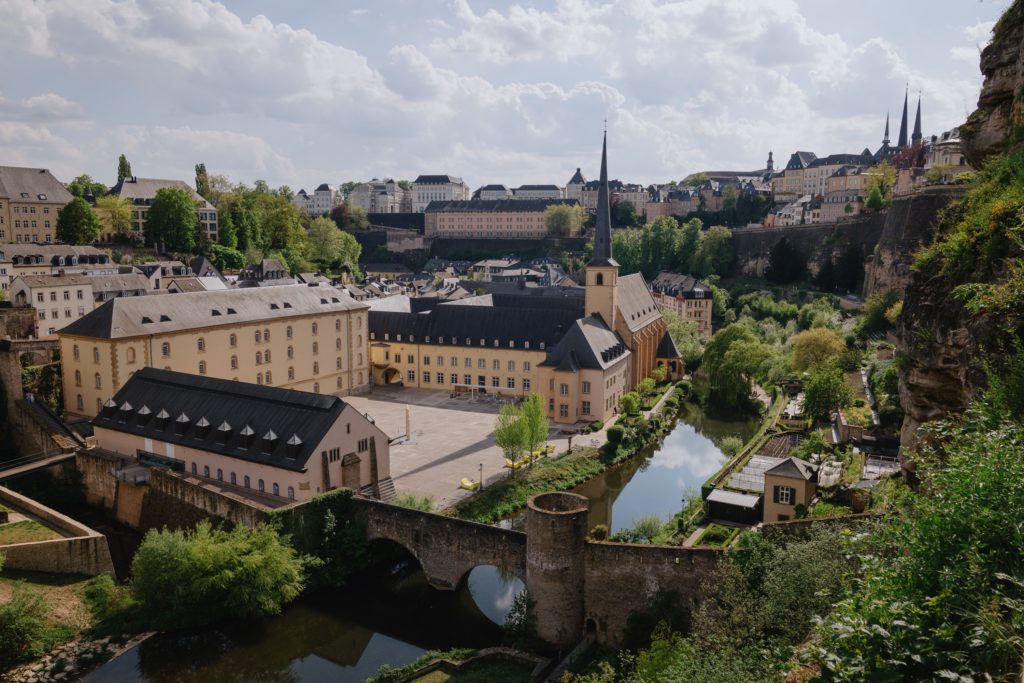Operating in Luxembourg, a bilingual gateway to the EU has several advantages. It may be simpler to find employment in Luxembourg than in other European nations. Businessmen should expect their nation of birth, training, and area of specialization to have a significant impact on whether operating in Luxembourg is a feasible objective, even though licenses are quickly provided through your employer.
Job visa
The companies that are planning to hire the international force must secure employment visas for their foreign employee. It makes the procedure much easier.
If you are an employee searching for a job in a country, make sure you have already secured a reliable job. After getting the job you just request your employer to file for the employment license on your behalf.

Types of work visas
The many kinds of employment permits available in the country include:
Short stay (C): Holders of a short visit visa are allowed a 90-day residence in the Schengen region. Usually, this permit is applied for familial visits, seminars, gatherings, and corporate travel.
Long-stay (D): This type of pass is for visitors who want to reside in the nation for some time longer than 90 days to employment. Hourly laborers independent contractors, and highly skilled professionals are the most likely to use it.
EU Blue Card: Foreign nationals who wish to work in the country as extremely competent employees for a while longer than three months may register for the EU Blue Card. This particular visa category has unique requirements and offers particular advantages.
Self-employed work visa
Non-EU nationals may move to the country to open their firm. Non-EU citizens who want to establish themselves in the nation as independent contractors must submit both their residence and business authorization applications. Generally, file the residency permits along with the employment permit. By doing this, you only need to submit one document to the Minister of Immigration, who will then give the National Office for SMEs and Entrepreneurship control of the business license part.
Application procedure and requirements
You can apply on your own for a work permit, but you can also seek assistance from your workplace. For a temporary employment pass to reside here, you must apply at the Immigration Office. With the temporary pass, you will be able to visit and proceed with the other steps after you’ve arrived.
To certify that you want to live in the region in question, you must first express your intention. The process is regionally structured, therefore you must submit your request in the district where you intend to reside and operate. You could also need to have healthcare exams, depending on your native country. Lastly, you must submit your formal request for a travel document to find employment.
Essential documents
- Passport;
- Evidence of clear criminal history;
- Document showing your corporate experience and educational background;
- A job agreement between you and your employer;
- And a written document stating the reasons for you to work in Luxembourg.
Qualification for working
The European Post-Secondary System and the Bologna Plan are both connected with Luxembourg. Therefore, if you hold a university degree from an EU member country, it will be acknowledged and will be a valuable complement to your application.
Additionally, multilingual workplaces are popular, and the official languages of corporate communications are English, French, and German. The fact that Luxembourg is in the middle of Europe and speaks these three languages in addition to Luxembourgish means that many occupations there has a bilingual prerequisite.
Why choose Luxembourg
Functioning in the country is an appealing option due to the country’s outstanding telecommunications facilities, political prosperity, and closeness to other European monetary centers. Particularly for high-paying, expert, global professions in English, French, and German. Furthermore, the region is taking steps to broaden the service industry, creating even more job opportunities.


